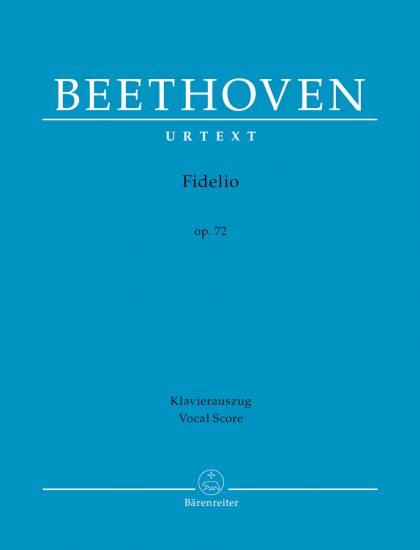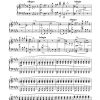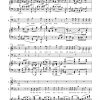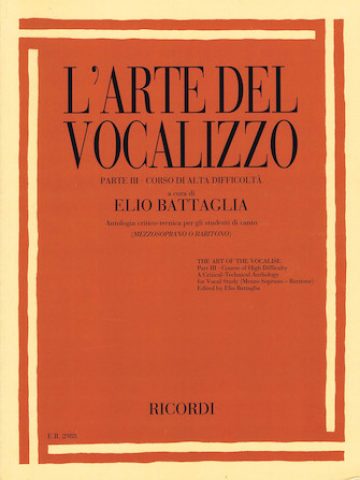Description
The vocal score of Beethoven's Fidelio is based on the scholarly-critical edition of the full score prepared by Helga Lühning (Beethoven-Haus, Bonn) and the late Robert Didion (†). lt is the first one to make use of all the major sources. The opera's extremely long gestation and complex genesis, with its three versions between 1804 and 1814 and its four overtures, shed light on the huge amount of editorial work required for this volume. The vocal score is accompanied by a complete historical-critical edition of the performance material. With this publication another towering masterpiece has been purged of nineteenth-century editorial emendations – with surprising timbral results.
Fidelio, originally titled Leonore, oder Der Triumph der ehelichen Liebe (Leonore, or The Triumph of Marital Love), Op. 72, is Ludwig van Beethoven's only opera.
The German libretto was originally prepared by Joseph Sonnleithner from the French of Jean-Nicolas Bouilly, with the work premiering at Vienna's Theater an der Wien on 20 November 1805. The following year, Stephan von Breuning helped shorten the work from three acts to two. After further work on the libretto by Georg Friedrich Treitschke, a final version was performed at the Kärntnertortheater on 23 May 1814. By convention, both of the first two versions are referred to as Leonore.
The libretto, with some spoken dialogue, tells how Leonore, disguised as a prison guard named “Fidelio”, rescues her husband Florestan from death in a political prison. Bouilly's scenario fits Beethoven's aesthetic and political outlook: a story of personal sacrifice, heroism, and eventual triumph. With its underlying struggle for liberty and justice mirroring contemporary political movements in Europe, such topics are typical of Beethoven's “middle period”. Notable moments in the opera include the “Prisoners' Chorus” (O welche Lust—”O what a joy”), an ode to freedom sung by a chorus of political prisoners, Florestan's vision of Leonore come as an angel to rescue him, and the scene in which the rescue finally takes place. The finale celebrates Leonore's bravery with alternating contributions of soloists and chorus.








Reviews
There are no reviews yet.